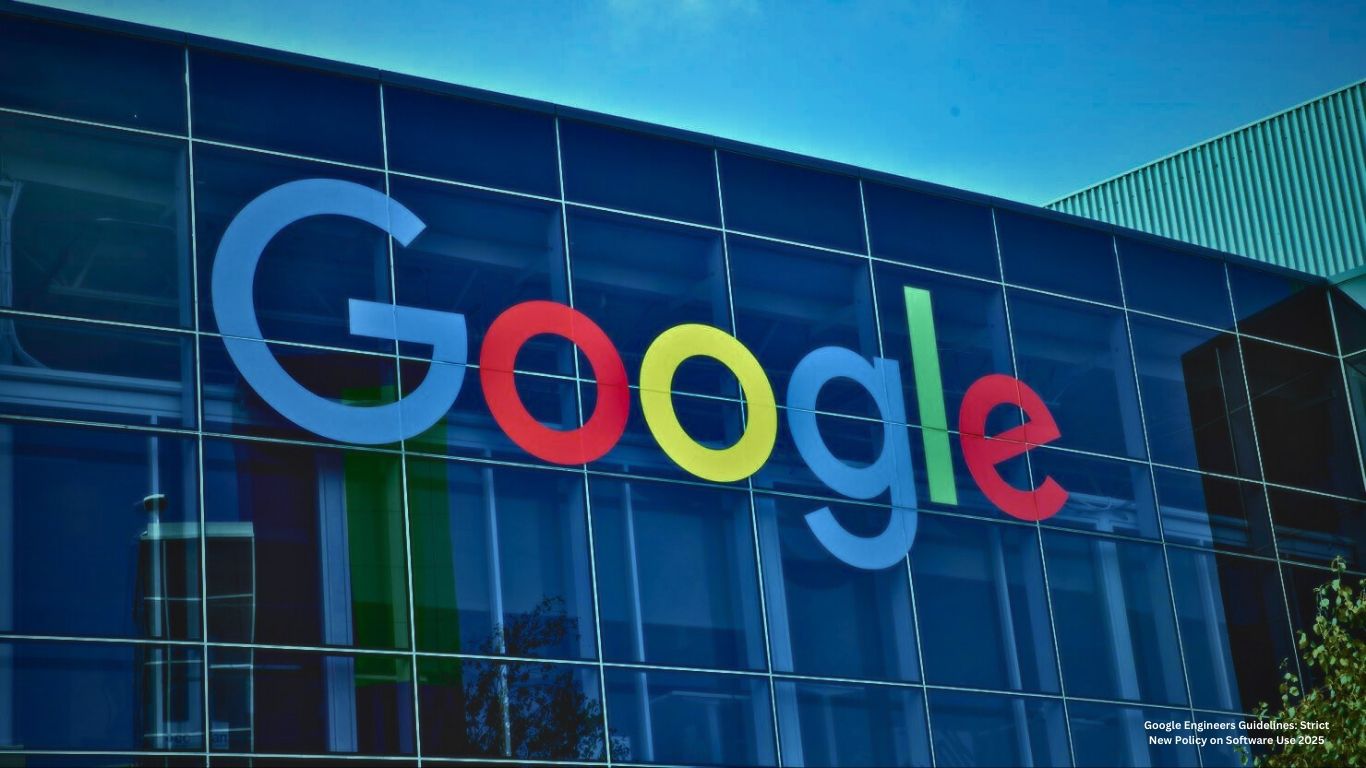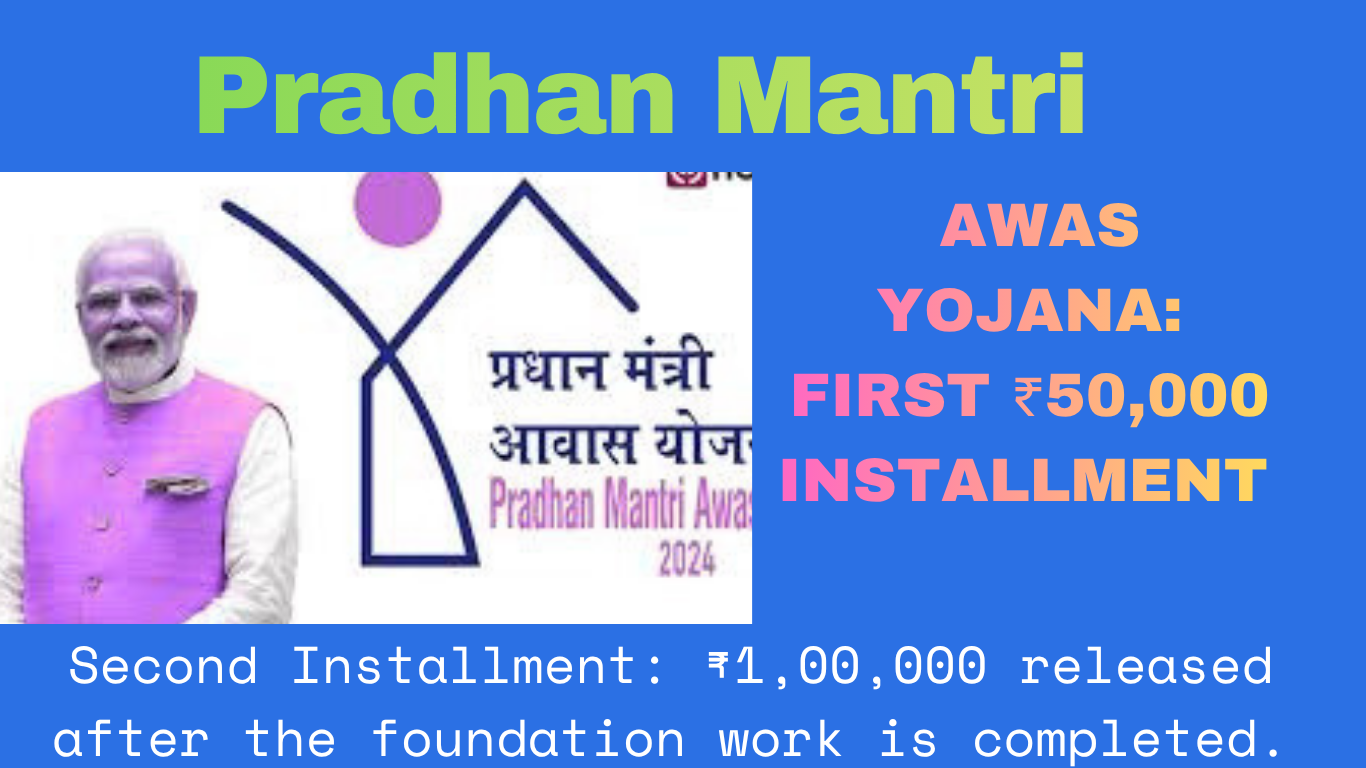In 2025, Google has introduced a strict new policy for its engineers regarding software usage. This update is not just an internal guideline but a strategic move that reflects how the global tech landscape is changing. With the rise of AI, cybersecurity threats, and regulatory scrutiny, the way engineers build software is under the spotlight.
These new policies impact how Google engineers download, test, integrate, and secure software tools. While this might seem like an internal matter, the ripple effects will extend to students, startups, developers, and the broader tech industry worldwide.
Table of Contents
Table of Contents
Why Did Google Introduce This New Policy?
Policies like this don’t come overnight. Google’s strict new rules are driven by multiple pressures:
- Cybersecurity Risks: Global ransomware attacks and software vulnerabilities have increased. Google, managing billions of users’ data, cannot afford risks from insecure tools.
- Regulatory Compliance: Laws like the EU’s AI Act and stricter US data laws mean companies must prove they’re handling data and software responsibly.
- Open-Source Vulnerabilities: Although open-source accelerates innovation, it also exposes systems to hidden bugs and backdoors.
- AI Explosion: Engineers often test with third-party AI models. Unregulated use could lead to data leaks, copyright issues, or biased algorithms.
- Internal Standardization: With thousands of engineers worldwide, ensuring everyone follows the same secure process avoids fragmentation.
Google has always been a trendsetter. Its policies often influence how the entire tech industry evolves. This 2025 guideline could become the blueprint for future software engineering standards.
Key Highlights of the 2025 Google Engineers Guidelines
Google has structured its policy to cover software, AI tools, security, and collaboration platforms.
Table: Old vs New Google Policy (2025)
| Area | Old Approach | New 2025 Policy |
|---|---|---|
| Software Downloads | Engineers had more freedom to install tools | Only pre-approved, verified tools allowed |
| Open-Source Usage | Broad use with minimal checks | Mandatory security & license review |
| AI Tools | Engineers could test 3rd-party AI systems | Only Google-certified AI frameworks permitted |
| Code Security | Limited audits | Continuous encryption & vulnerability scanning |
| Data Handling | Engineer discretion | Mandatory encryption + logging |
| Collaboration Tools | Slack, GitHub, 3rd-party apps used | Restricted to Google-approved platforms |
How This Impacts Google Engineers
For engineers, the new system has both advantages and drawbacks:
- Pros:
- Higher data security
- Reduced risk of accidental breaches
- Clear guidelines → less confusion
- Better global compliance
- Cons:
- Less freedom to experiment with new tools
- Slower adoption of cutting-edge libraries
- More bureaucratic checks before integration
Some engineers believe these changes will increase trust in Google’s products. Others feel it may restrict creativity in experimenting with open-source or niche tools.
The Advanced Layers of Google’s New Rules
AI and Machine Learning Restrictions
AI is the backbone of Google’s business. But using external AI tools carries risks of data leakage and bias. That’s why engineers are now limited to in-house Google AI platforms like TensorFlow, JAX, or other certified systems.
This ensures:
- Data never leaves Google’s ecosystem
- AI decisions remain transparent
- Compliance with global AI regulations
Open-Source Software Controls
Google has been one of the largest contributors to open-source (think Android, Chromium, Kubernetes). But uncontrolled open-source use is dangerous. The new rule mandates:
- Full security scanning of libraries
- License compliance (no accidental use of restrictive licenses)
- Approval logs for each integration
Developer Accountability
A new tracking system records every engineer’s use of tools. Engineers must justify the need for any external library or framework. This builds a transparent audit trail, which helps in regulatory compliance.
Why This Matters for the Tech Industry
Google’s new guidelines won’t just affect its employees—they could shift industry standards.
- Startups: Tools built to comply with Google’s new rules (security scanners, compliance tools) may grow rapidly.
- Students: Aspiring engineers must prepare for a future where compliance knowledge is as important as coding.
- Tech Giants: Companies like Microsoft, Amazon, and Meta might adopt similar policies soon.
- Developers: Open-source developers will face more scrutiny, needing to follow security-first coding.
Salary, Career, and Future Impact
Many young developers might wonder: Will these rules make jobs harder?
Actually, the opposite could happen. Engineers with compliance, security, and AI-regulation expertise will be in high demand. Salaries for such roles are expected to rise by 20-30% in 2025, as companies scramble to meet new standards.
Table: Salary Comparison (2025, Post-Policy Era)
| Role | 2024 Avg Salary (India) | 2025 Avg Salary (India) | Growth |
|---|---|---|---|
| Software Engineer | ₹12 LPA | ₹13 LPA | +8% |
| AI/ML Engineer | ₹18 LPA | ₹23 LPA | +28% |
| Security Engineer | ₹15 LPA | ₹20 LPA | +33% |
| Compliance Engineer | ₹10 LPA | ₹15 LPA | +50% |
Recommendations for Developers & Students
If you want to adapt to this new era, here are steps to take:
- Learn Secure Coding Practices → OWASP, Cybersecurity basics
- Master Google’s AI Tools → TensorFlow, JAX, Vertex AI
- Understand Compliance → EU AI Act, US Data Laws
- Explore DevSecOps → integrating security in development pipelines
- Contribute to Secure Open-Source Projects
By preparing early, you’ll stand out in the job market.
Global Trend Toward Software Security
Google isn’t alone. Microsoft, Amazon, and Apple have also tightened their rules on software usage in 2025. With cyberattacks rising by 35% in the last two years, big tech companies are under pressure to adopt “security-first development” models.
The AI Regulation Wave
The U.S. AI Act (2025 draft) and European Union’s AI Regulation have forced tech companies to audit every tool that touches sensitive data. Google’s stricter policies ensure it avoids hefty fines and reputational damage.
Impact on Open-Source Communities
Open-source developers fear a decline in contributions from Google engineers due to extra approval layers. Some experts argue this might slow innovation, while others believe it will lead to higher-quality, secure open-source projects.
Employee Reactions
While some engineers feel restricted by the policy, many admit it reduces risk. Internal surveys at Google in August 2025 revealed that 68% of employees agree that stricter policies are necessary in the AI era.
What Startups Should Learn
For startups aiming to collaborate with or sell tools to Google, compliance is now a non-negotiable standard. Startups that adopt security-first coding practices and comply with global regulations will have an edge in entering enterprise markets.
Economic & Job Market Outlook
The shift is already influencing hiring:
- AI Security Engineers and Compliance Specialists are in high demand.
- Industry experts predict a 25% increase in demand for DevSecOps roles by 2026.
- Engineers familiar with ethical AI frameworks will command premium salaries.
Quick Knowledge Table: Google’s Policy Impact (2025)
| Area Affected | Before Policy (Pre-2025) | After Policy (2025) |
|---|---|---|
| Open-Source Usage | Free & direct usage | Approval required, security check mandatory |
| AI Tools | Any third-party AI allowed | Only Google-approved AI frameworks |
| Software Security | Individual responsibility | Centralized compliance & monitoring |
| Innovation Speed | Fast, but with risks | Slower, but safer & compliant |
| Employee Freedom | High flexibility | Restricted, but structured |
Conclusion
Google’s 2025 strict software-use policy is a turning point in the history of tech. What looks like a limitation today may become the global norm tomorrow.
It shows us that in the world of AI and big data, security and compliance are just as important as innovation. The next generation of engineers won’t just write code—they’ll build systems that are secure, ethical, and globally compliant.
(FAQ)
Q1. What is Google’s new software use policy in 2025?
Google has introduced a strict policy where engineers can only use pre-approved, verified, and secure software tools. Open-source and AI tools are allowed only after security checks and compliance approvals.
Q2. Why did Google change its software rules in 2025?
The changes were made to tackle cybersecurity risks, regulatory compliance, AI safety, and open-source vulnerabilities. With global scrutiny increasing, Google needs to ensure full data protection and accountability.
Q3. Can Google engineers still use open-source software?
Yes, but only after mandatory security scans, license reviews, and managerial approval. This ensures that external libraries don’t carry hidden vulnerabilities or legal risks.
Q4. Are engineers allowed to use third-party AI tools?
No. Engineers must now rely on Google-approved AI frameworks like TensorFlow, JAX, and Vertex AI. External AI models could expose sensitive data and create compliance issues.
Q5. How does this affect salaries and careers in 2025?
Engineers with skills in AI security, compliance, and secure coding will be in higher demand. Roles such as AI/ML Engineers and Security Engineers may see a 20–30% salary growth.
Q6. What does this mean for students or freshers?
Students should focus not just on coding but also on secure software development, AI ethics, and compliance laws. Learning tools like TensorFlow and DevSecOps practices will be key to landing jobs at top firms.
Q7. How does this impact the global tech industry?
Google’s move could set an industry-wide standard. Other companies like Microsoft, Amazon, and Meta may introduce similar rules, making security and compliance a global requirement.
Q8. Does this slow down innovation at Google?
In the short term, yes—engineers may face restrictions. But in the long run, this creates safer, more reliable, and globally compliant innovations, boosting user trust.
Q9. What tools are engineers restricted from using now?
Any software or AI tool that is not Google-approved, security-verified, or compliance-certified. This includes some popular external collaboration platforms and unverified AI APIs.
Q10. What should independent developers and startups learn from this?
Startups and developers should prioritize security, compliance, and AI ethics in their tools. Products aligned with these standards may find easier adoption by big tech firms.
Stay updated with the latest news and alerts — follow us at racstar.in











